GerryDavid
No longer a newbie, moving up!
- Joined
- Sep 18, 2003
- Messages
- 1,221
- Reaction score
- 9
- Location
- Virginia
- Can others edit my Photos
- Photos NOT OK to edit
Ive noticed that I get different minimum and maximum aperature settings depending on what film iso I use and what length of lense I use, and I was wondering shouldnt I get the same aperature amounts for all ISO's? With Ilford 125 and I think 28mm lense I can get an aperature of f38, but with Ilford 400 I think the most I got was f28 or something like that.



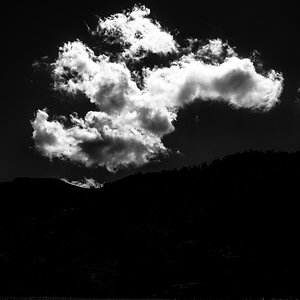
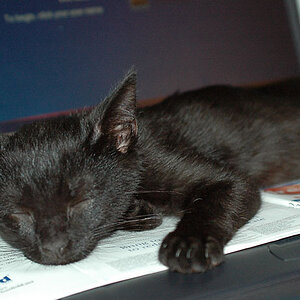
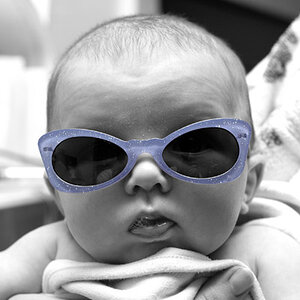
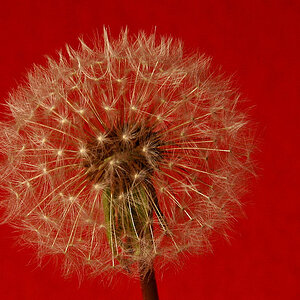
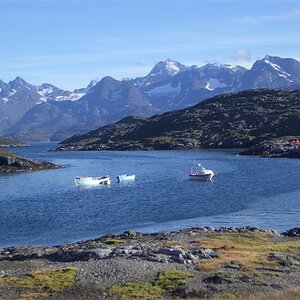
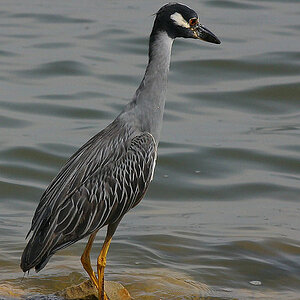
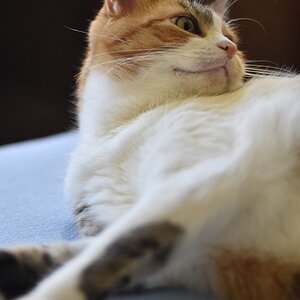


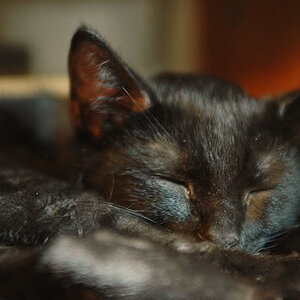
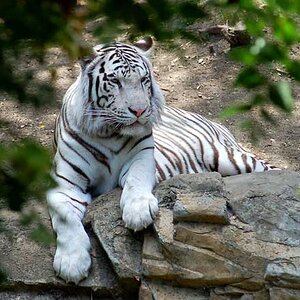
![[No title]](/data/xfmg/thumbnail/31/31050-824a861ee359cd274a794fc7b9ff8f7b.jpg?1619734588)